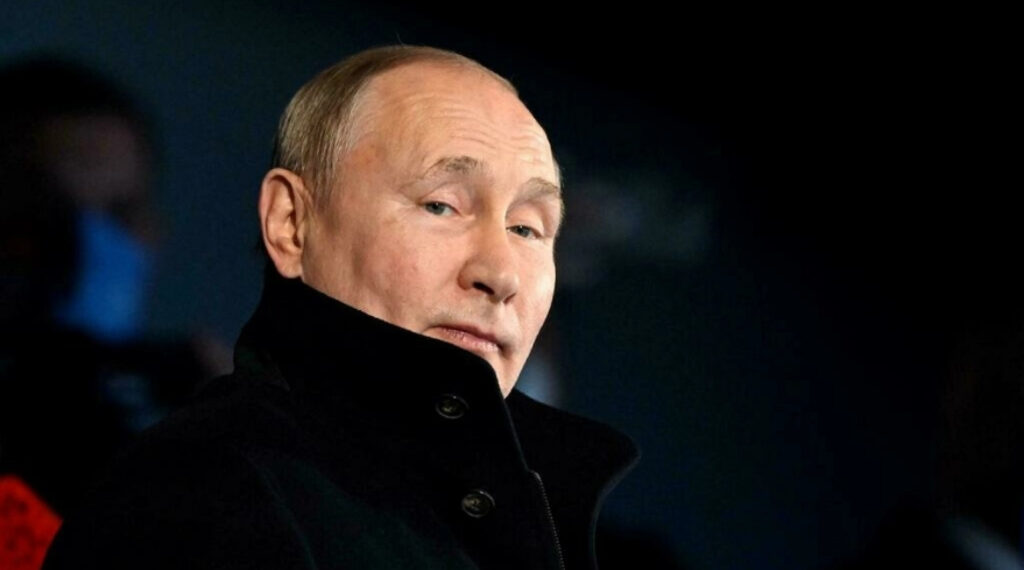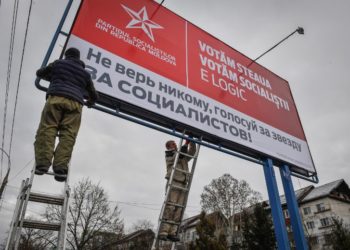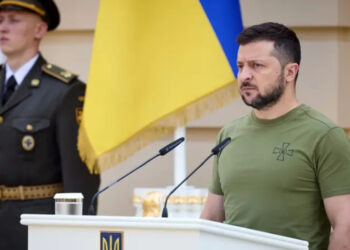Russia in recent days has announced several drawdowns of troops from Ukraine’s borders, raising hopes that a devastating military escalation in Ukraine can be averted.
The West however says there has been no meaningful reduction in the assembled Russian force that has been at the center of escalating tensions between Moscow and the West for weeks.
Here’s what we know about Russia’s deployment:
How many troops and where?
Since December, Moscow has been running large-scale land, air and naval war games near Ukrainian territory in Russia and its ally Belarus.
It has a large number of forces concentrated in Russian territory, in Moscow-annexed Crimea, in Belarus and in the Black Sea — that is, on Ukraine’s eastern, northern and southern borders.
But Russia has not said how many troops are involved.
The only data put forward has been from Western countries based mainly on satellite imagery.
NATO estimated the troop deployment at “well over 100,000” Russian soldiers, while US President Joe Biden recently said the figure was “more than 150,000”.
Russia has also sent heavy equipment, including tanks, missiles and air defense systems to the drills.
Unlike a similar deployment in the spring of 2021, Russia has — according to third-party sources — deployed medical teams and transported large fuel reserves.
Most of the on-the-ground images available come from witnesses who in recent weeks have posted on social media photos of columns of tanks parked in border villages and trains loaded with military equipment.
A real or false retreat?
Every day since Tuesday, Russia has announced that units taking part in the drills are returning to their garrisons.
In the latest announcement, Russia’s defense ministry said Thursday it was returning military forces from Moscow-annexed Crimea after completing war games.
State-run television showed columns of military hardware crossing a recently-constructed bridge connecting the peninsula to the Russian mainland.
Belarus has also promised that all Russian soldiers deployed in the country for war games will leave after drills end on February 20.
But the West has said their intelligence shows a different situation on the ground.
The White House said Wednesday that Moscow had increased its presence on the Ukraine border “by as may as 7,000 troops”, with some arriving earlier in the day.
Ukraine’s President Volodymyr Zelensky said there was no evidence of a Russian troop withdrawal, saying Moscow was simply rotating forces.
“We see no change,” he said.
What is needed for de-escalation
Russian military expert Pavel Felgenhauer said he believed Moscow had indeed “made a decision to withdraw”, but that it could take weeks.
“It will take more than a month to go from ultra-high combat readiness to return to a peaceful state,” he told AFP.
At the same time, Felgenhauer did not rule out the possibility that Moscow’s pullback wasn’t real.
“It’s possible that Russia’s announcements on the withdrawal of troops are misleading to disorientate NATO and the US, to create a strategic surprise,” he said.
The West, led by Washington, continues to announce that a Russian invasion of Ukraine could come at any time.
Russia denies it plans to attack Ukraine but it is worried that Ukraine — once part of the Soviet Union — could one day join NATO.
Moscow has strived to present its military drills as routine exercises.
But the deployment of units normally stationed in the Russian Far East to Ukraine’s borders has looked threatening.
Their return to their garrisons, some up to 8,000 kilometers away, would be a reassuring sign.
A return to peace talks on the conflict between Kyiv forces and pro-Russia rebels in eastern Ukraine would also be a sign of de-escalation.
But the Russian parliament this week asked President Vladimir Putin to recognize the independence of Ukraine’s pro-Moscow rebel territories, worrying the West.
Kyiv was also targeted this week by a new cyberattack that hit the defense ministry and army. Kyiv blamed Moscow, while the Kremlin denies involvement.
Military experts believed that a Russian military offensive could be preceded by massive cyberattacks.























